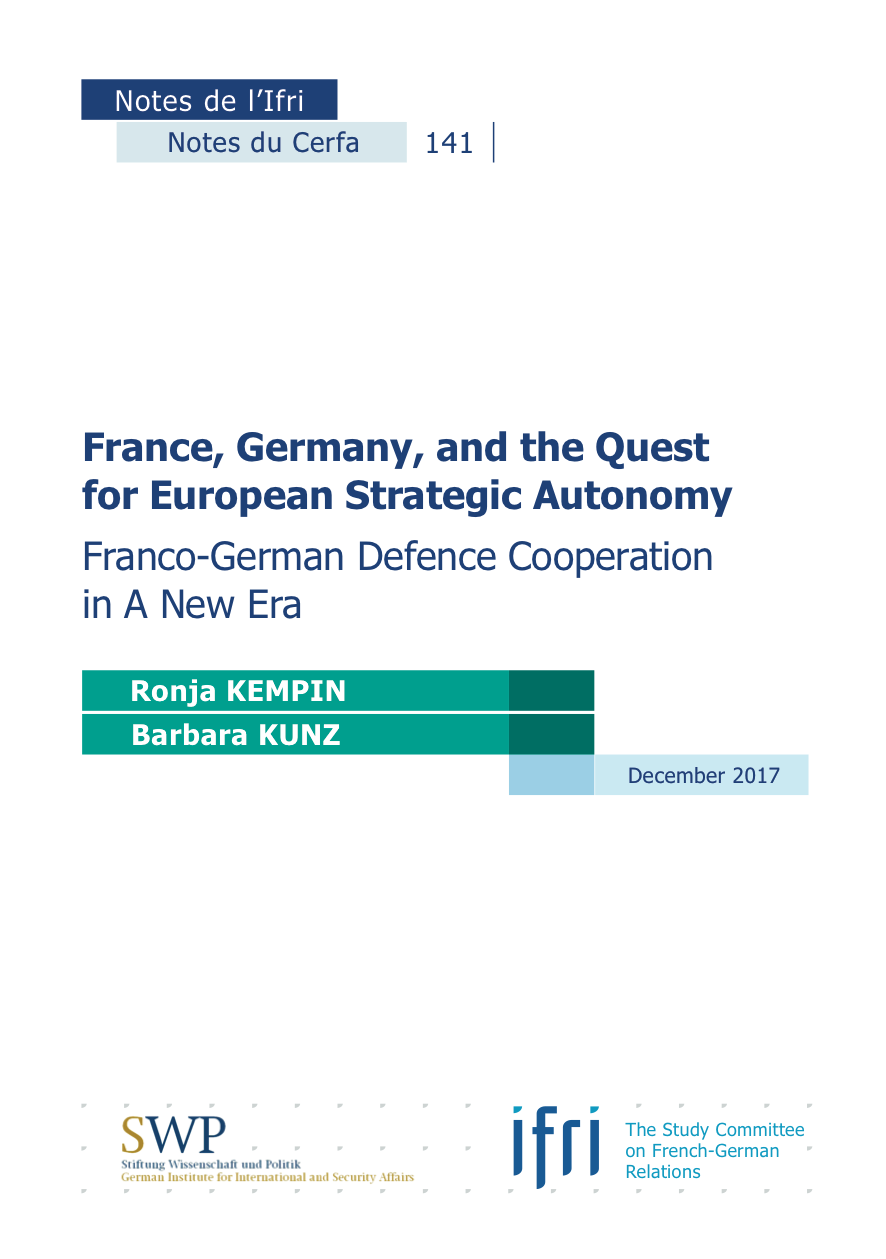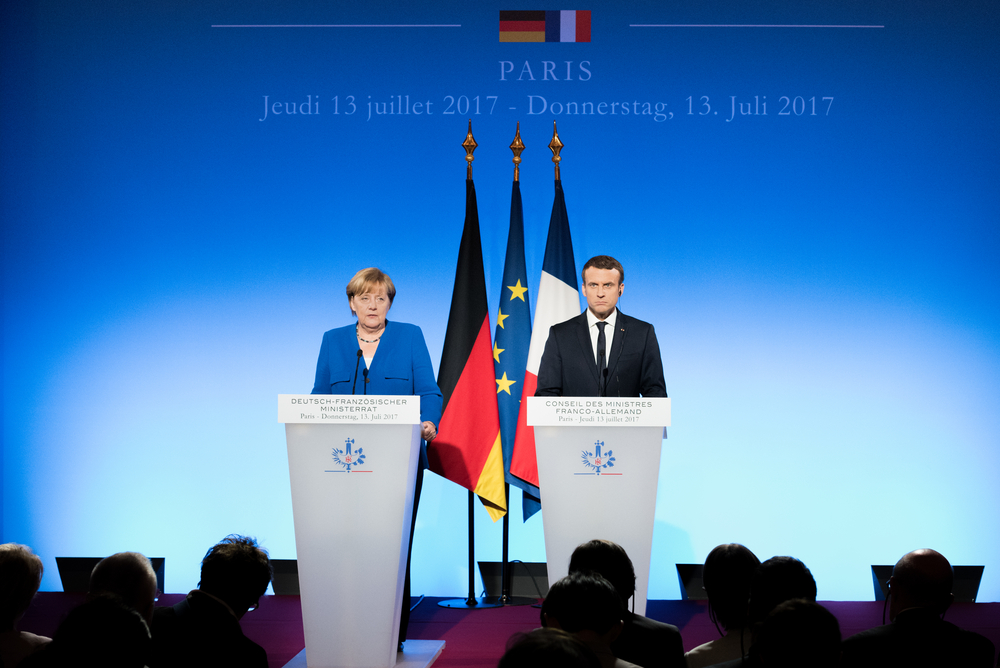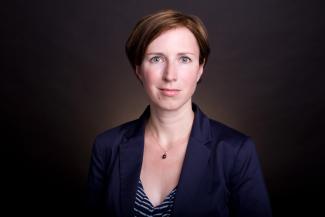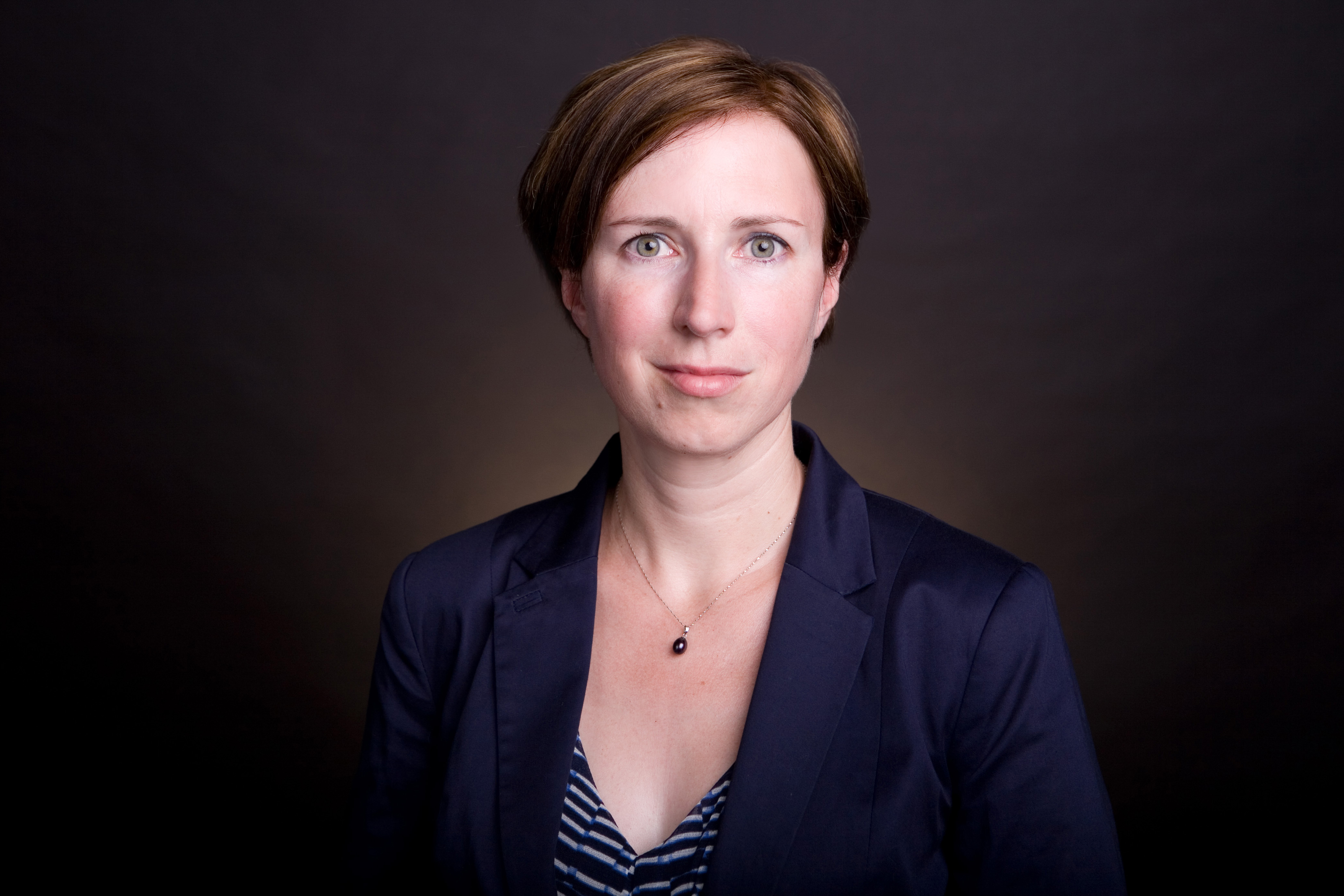France, Germany, and the Quest for European Strategic Autonomy: Franco-German Defence Cooperation in A New Era

How can France and Germany contribute to reaching the goal of European strategic autonomy? This key question has been guiding the work with the present report. In the light of a more demanding security environment, but also a rare momentum for further European integration, Berlin and Paris have to take their security and defense cooperation to the next level, bilaterally as well as in the EU.

Progress in Franco-German security and defense cooperation is a key step towards strategic autonomy with its three dimensions: political, operational and industrial autonomy. Political autonomy has so far been neglected in Franco-German security and defense cooperation. Past cooperation was almost exclusively linked to the operational, sometimes industrial levels. The new impetus needs to be embedded in a farther reaching political dialogue. This can best be achieved by elaborating a Franco-German White Paper on Security and Defense. At the operational level, the primary objective for Paris and Berlin is to enable Europeans to autonomously carry out the Petersberg tasks, as defined in article 43(1) of the Treaty of Lisbon. Nevertheless, the type of capabilities needed must be derived from a political analysis of the strategic environment and the threats posed. The same accounts for industrial autonomy where France and Germany should work towards closer cooperation and shared rules embedded in a political dialogue.
With seven concrete recommendations, the paper aims to contribute to establishing strategic autonomy, starting at the bilateral level to provide leadership for an ambitious European project.

About the authors:
Ronja Kempin, Senior Fellow, Research Division EU/Europe, German Institute for International and Security Affairs (SWP), Berlin.
Barbara Kunz, Research Fellow at the Study Committee on French-German Relations (Cerfa), Institut Français de Relations Internationales (Ifri), Paris.
The recommendations in this report are the result of a joint project by the Institut Français de Relations Internationales (Ifri) and the German Institute for International and Security Affairs (SWP). Directed by the two authors, it gathered a distinguished group of French and German security and defence policy experts for three workshops in Berlin and Paris in 2016 and 2017. This report and its recommendations are based upon the group’s discussions. The list of participants can be found at the end of this publication.
Download the full analysis
This page contains only a summary of our work. If you would like to have access to all the information from our research on the subject, you can download the full version in PDF format.
France, Germany, and the Quest for European Strategic Autonomy: Franco-German Defence Cooperation in A New Era
Related centers and programs
Discover our other research centers and programsFind out more
Discover all our analysesThe Franco-German Brigade and the Revival of European Defense
One thing has been clear since Donald Trump's return to the White House: the very existence of the European unification project is threatened. Unless it develops a sovereign defense policy to counter the war in Ukraine and the weakening of American security guarantees, the European Union will continue to see its internal cohesion and external attractiveness wane.
Friedrich Merz and the Zeitenwende 2.0. A “New Era” for Transatlantic Relations?
On February 23, 2025, almost 60 million voters were called upon to elect a new Bundestag. These elections will also give rise to a new government in Europe's largest economy.
After the Elections: Germany in Search of Shaken Stability?
With a voter turnout of 82.5%, Germany recorded its highest participation since 1987—an increase of 6.1 percentage points compared to 2021. As in the previous election, the high turnout particularly benefited the Alternative for Germany (AfD), which was able to mobilize many former non-voters. Many voters sought to punish the outgoing government with their ballots, as its approval rating had dropped to just 14% before the coalition broke apart in November 2024. Germany is now very likely heading toward a grand coalition between the CDU/CSU and the SPD, with exploratory talks having begun on February 28.
The German Greens as an Alliance Party: The End of an Illusion?
At the Wiesbaden Congress in November 2024, Robert Habeck, currently Minister for the Economy and Climate, was nominated as the Green Party’s candidate for the Chancellorship in the early parliamentary elections on February 23, 2025. The party, founded 45 years ago, is now firmly established in the German political landscape. Wishing to turn the page on an unloved ‘‘traffic light’’ coalition, the party is banking on a personal campaign and an optimistic discourse based on the energy transition and social justice.











